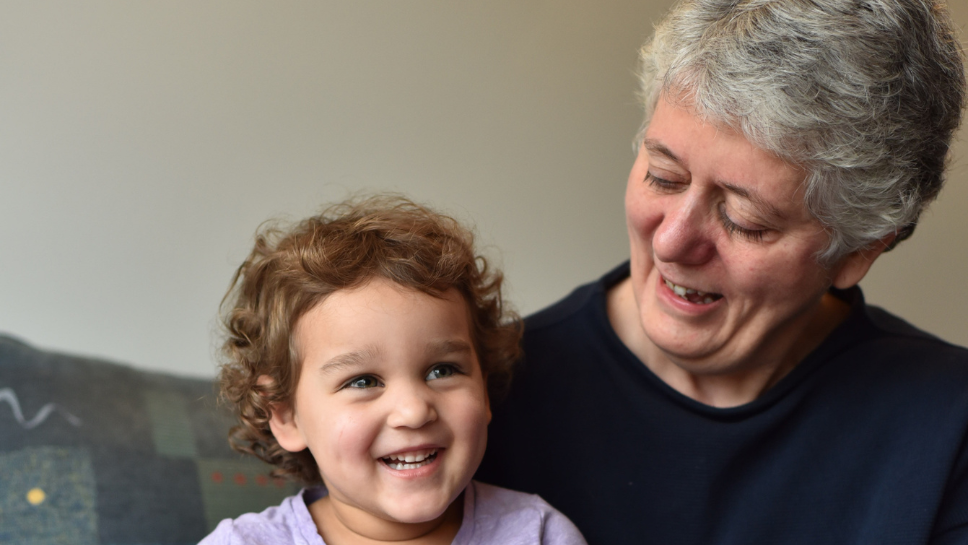
1,147 people living with FSHD took part in the Europewide study, led by FSHD Europe, to identify the symptoms that they see as most important for treatments to target. Responses were collected from people in 26 countries across Europe, and 350 of the participants came from the UK, which accounts for nearly one-third of the responses.
Priorities for treatments
For all patients, the first priority for any treatment is that it should stabilise their condition, so they don’t get any worse. Patients also wanted a treatment that would help them regain strength and improve their mobility, as well as reducing fatigue and pain.
- Stopping the progression of the disease - 100% of all respondents wanted this
- Regaining strength – over 50% of respondents said this was important
- Improving mobility – 40% of respondents thought this was useful
- Reduction in fatigue – over 35% of respondents wanted a treatment to address this
Participation in clinical trials
The survey also asked patients about taking part in clinical trials to find out more about what would motivate them to take part, and what would put them off participating in trials.
Generally, patients were keen to take part but preferred trials where they were kept informed of the outcomes, where travelling was reduced (either distance or the number of visits to the trial site), and some patients were put off by some invasive procedures.
This report will be invaluable to any company planning clinical trials for FSHD in Europe and shows that patients are eager to take part in trials.
The organisers, researchers, and participants
I am proud that the survey was commissioned by FSHD Europe, which represents FSHD Patient Organisations in Germany, France, Italy, the Netherlands, Spain and the UK. We aim to be the voice of FSHD patients across Europe, working with patient organisations to promote research, advocacy and awareness of the condition.
We really value working with MDUK – their support in promoting the survey was a big factor in getting such as high response rate within the UK.
Respondents came from 26 countries across Europe, showing the reach of FSHD Europe and its ability to represent European patients.
The survey was carried out by the John Walton Muscular Dystrophy Research Centre, part of the University of Newcastle, and received financial support from Facio-Therapies, Fulcrum Therapeutics and Roche.
You can now read the lay report for patients and other members of the public, published today to coincide with Rare Disease Day. The full scientific report will be published later this year.
For more information, contact Sheila Hawkins at Sheila@fshd-europe.info
